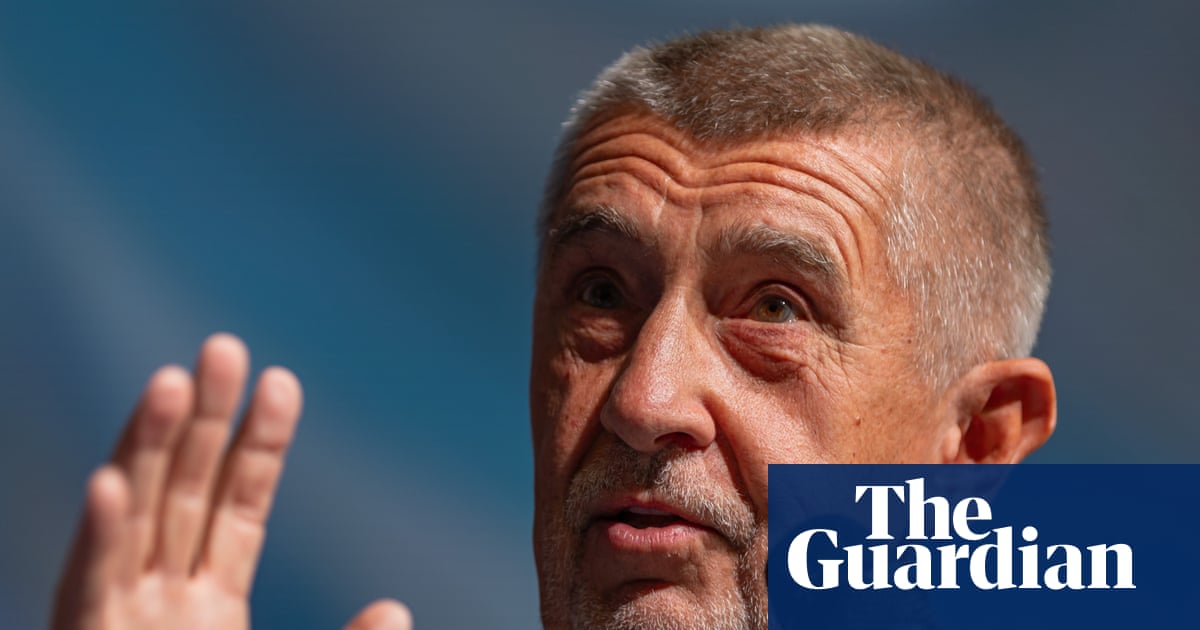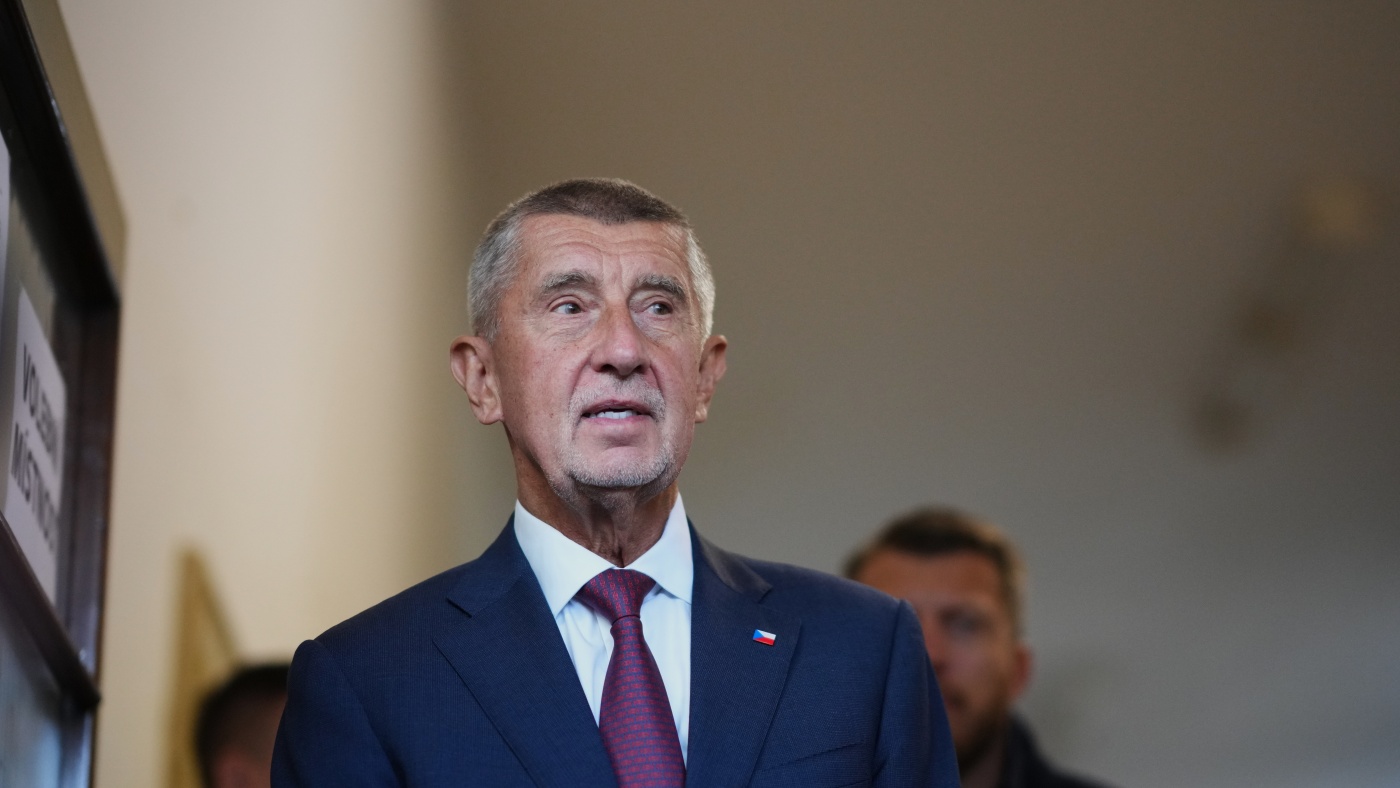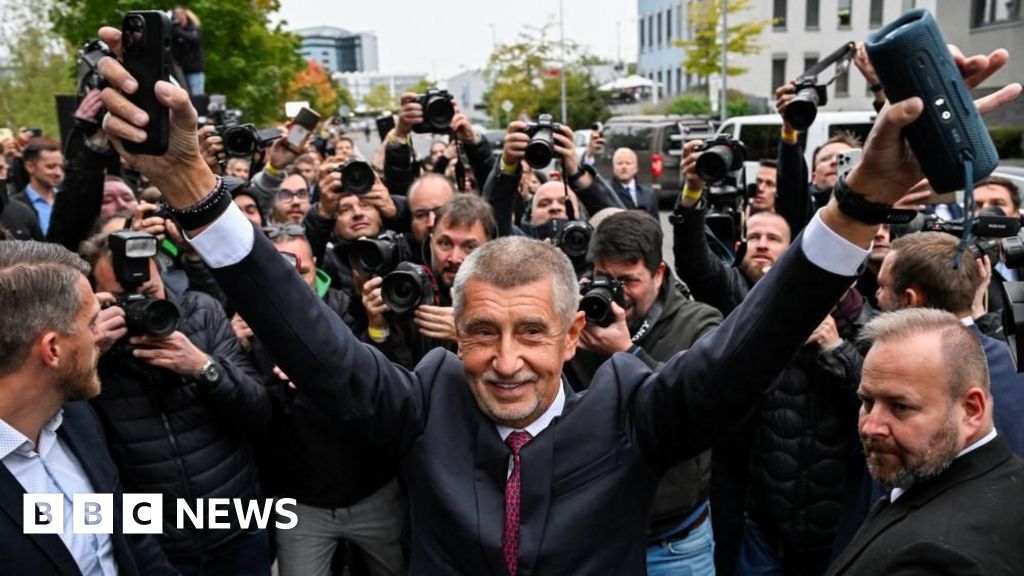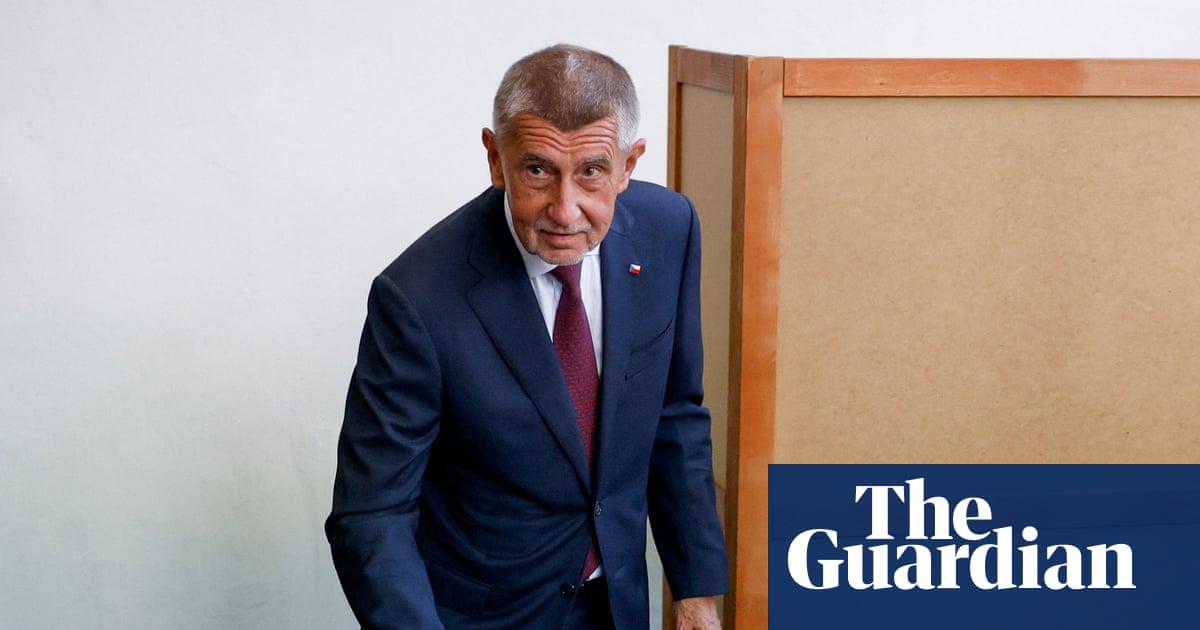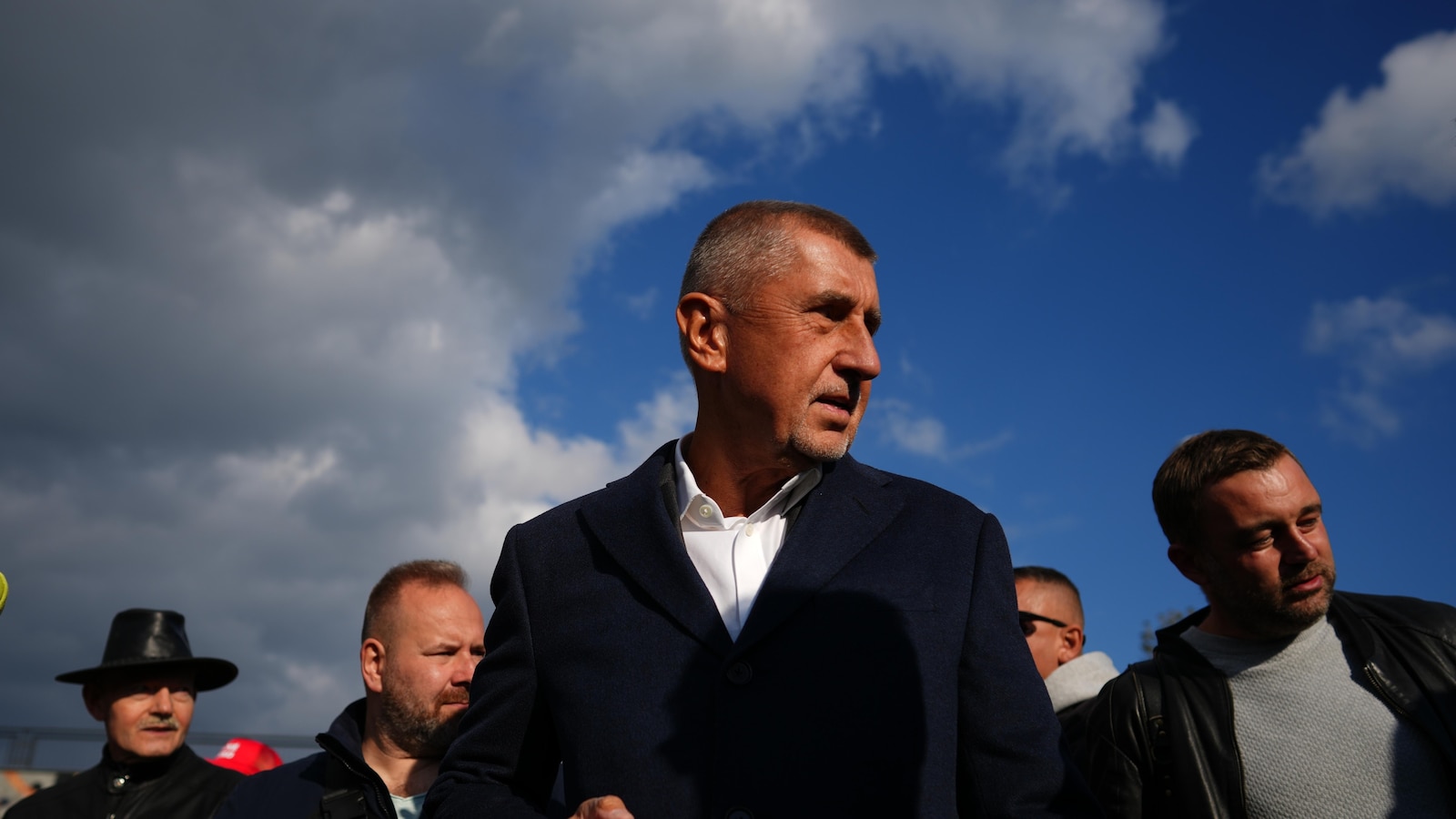Populist Billionaire Andrej Babiš Wins Czech Election, Poised to Reshape Foreign Policy and Regional Alliances
Andrej Babiš won the Czech election with 34.7% of the vote, now forming a government. His victory could shift the nation's Ukraine policy and strengthen ties with Orbán and Fico.
Subscribe to unlock this story
We really don't like cutting you off, but you've reached your monthly limit. At just $5/month, subscriptions are how we keep this project going. Start your free 7-day trial today!
Get StartedHave an account? Sign in
Overview
- Populist billionaire Andrej Babiš secured a victory in the Czech parliamentary election, winning approximately 34.7% of the vote and filling 200 seats in the lower house.
- Following his win, Babiš is now expected to lead discussions to form a new coalition government, significantly influencing the Czech Republic's future foreign policy direction.
- Babiš's victory raises questions about the Czech Republic's continued support for Ukraine, a key concern previously voiced by current political figures like Fiala.
- Babiš plans to forge a new alliance with Hungarian Prime Minister Viktor Orbán and join Orbán and Slovak Prime Minister Robert Fico in Europe, potentially altering regional dynamics.
- Despite public denials of pro-Russian alignment, Babiš's election marks a critical juncture for the Czech Republic's international relations amidst ongoing geopolitical tensions.
Report issue

Read both sides in 5 minutes each day
Analysis
Center-leaning sources frame this story by emphasizing the populist and eurosceptic nature of Andrej Babis and his potential coalition partners. They highlight controversial aspects of these alliances, using evaluative language to describe the parties' ideologies and the challenges of forming a government, suggesting a potentially unstable or ideologically aligned future for Czech politics.
Articles (7)
Center (4)
FAQ
Although Babiš won 34.7% of the vote, his party ANO did not secure a constitutional majority. Coalition partners SPD and Motorists underperformed, making it difficult to form a government with full legislative control. This forces Babiš to negotiate with smaller parties and may require forming a single-party minority government with outside support or potentially approaching other coalition parties for stability.
Babiš’s victory raises uncertainty about the Czech Republic's support for Ukraine. His party emphasizes national interest over a clear pro-Ukraine stance, and with potential SPD influence, foreign policy may shift. Despite denying pro-Russian alignment, Babiš intends to strengthen ties with Hungarian PM Orbán and Slovak PM Fico, known for more Russia-skeptical or neutral positions, suggesting possible changes in alignment away from the current pro-Western coalition.
The prospective alliance signals a regional shift in Central European politics, potentially creating a bloc that challenges prevailing EU and NATO policies, especially regarding Russia and Ukraine. Orbán and Fico have blocked EU sanctions on Russia and maintain pragmatic relations with Moscow, so Babiš joining them could alter the Czech Republic's foreign policy and weaken coordinated EU stances on geopolitical issues.
While Babiš has expressed affinity for Viktor Orbán, who has blocked EU sanctions on Russia, he has also demonstrated pragmatism during his previous term from 2017–2021. Experts suggest it is unlikely he would adopt as strong a pro-Russian stance as Orbán or Fico because the Czech Republic is less dependent on Russian energy compared to its neighbors, making a full pro-Russian pivot less feasible.
In early September 2025, Babiš was physically assaulted at a campaign rally by a man with a crutch, an attack investigated as hooliganism. Although hospitalized briefly, Babiš recovered quickly but canceled subsequent rallies. The incident was condemned by all major political figures, including Prime Minister Petr Fiala.
History
- 1M

 3 articles
3 articles
